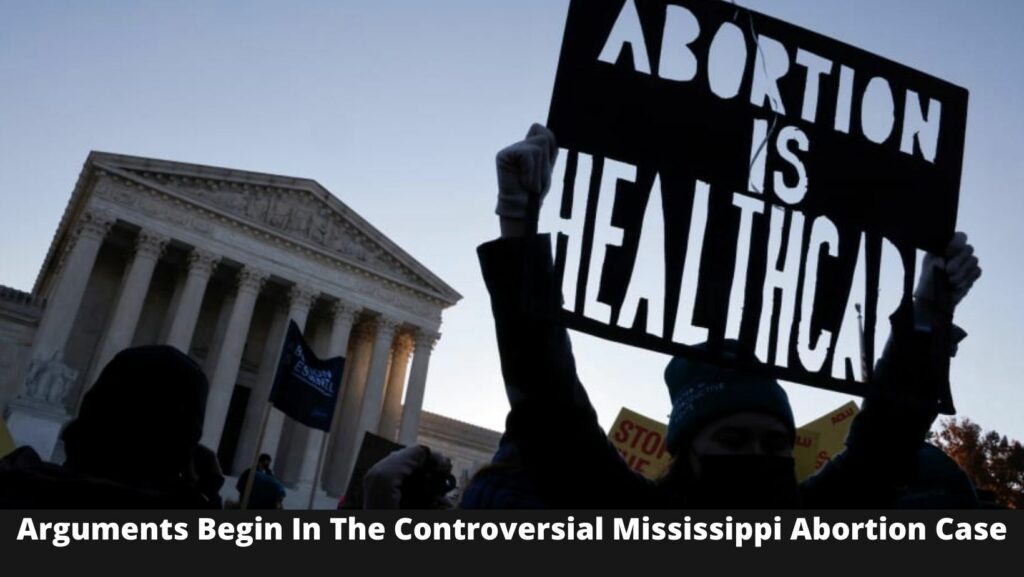After the controversial Texan abortion law, which was allowed to prevail for a short period of time, the courts had absolutely no time, but to turn their gaze towards the Mississippi case which intended to challenge the judgment laid down in the landmark case of Roe v. Wade.
The main issue around which the legality is debated is, whether the Constitution sufficiently provides a right to seek an abortion, with respect to a 2018 legislation in the state, which is stayed by the lower federal courts, which seeks to ban most abortions post 15 weeks of pregnancy, permitting it only in the exceptional cases of emergency or severe fetal abnormalities.
Those who are in the favor of the legislation, seek to protect their interest in the fetus, since it is scientifically proven that they are responsive to pain, after being developed for that period of time. The second prong of the argument gets laid as it also seeks to take action against “certain inhumane procedures during an abortion”.
Whereas the naysayers believe that a woman must have autonomy over her body, and for a more significant period of time be given a liberty to take a call on whether she would like to go through with it, and cite existing judgments.
“The Constitution places trust in the people, on hard issue after hard issue, the people make this country where abortion is a hard issue,” said Mississippi Solicitor General Scott Stewart during oral arguments. “It demands the best from all of us, not a judgment by just a few of us.”
Read More: Supreme Court Postpones Its Ruling On Texas Abortion Case
Associate Justice Sonia Sotomayor questioned Stewart on the long-term consequences of the case. “Will this institution survive the stench that this creates in the public perception that the constitution and its reading are just political acts?” Sotomayor asked. “I don’t see how it’s possible. It’s what Casey talked about when it talked about watershed decisions.”
The science behind the abortion and its viability at the stage of 23-24 weeks were also debated between the two, whereby Stewart replied, “The fundamental problem with viability it’s not really something that rests with science so much, it’s viability not tethered to anything in the Constitution in history or tradition it’s a quintessentially legislative line.”
Read More: Texas Abortion Law And The Opinion Of The Legal Luminaries

